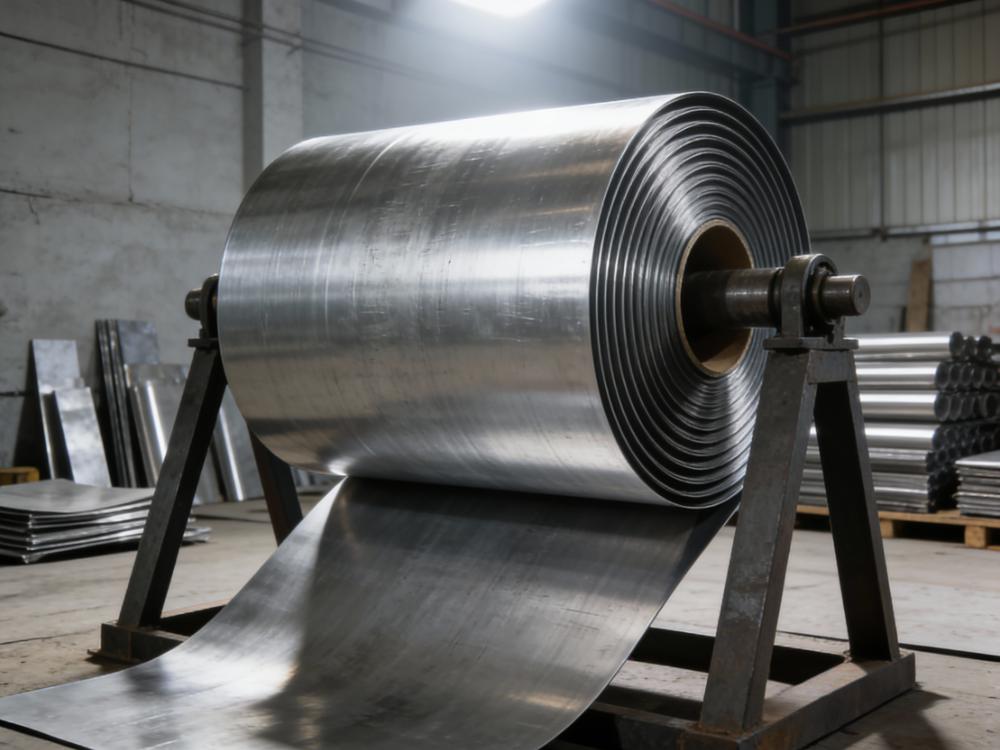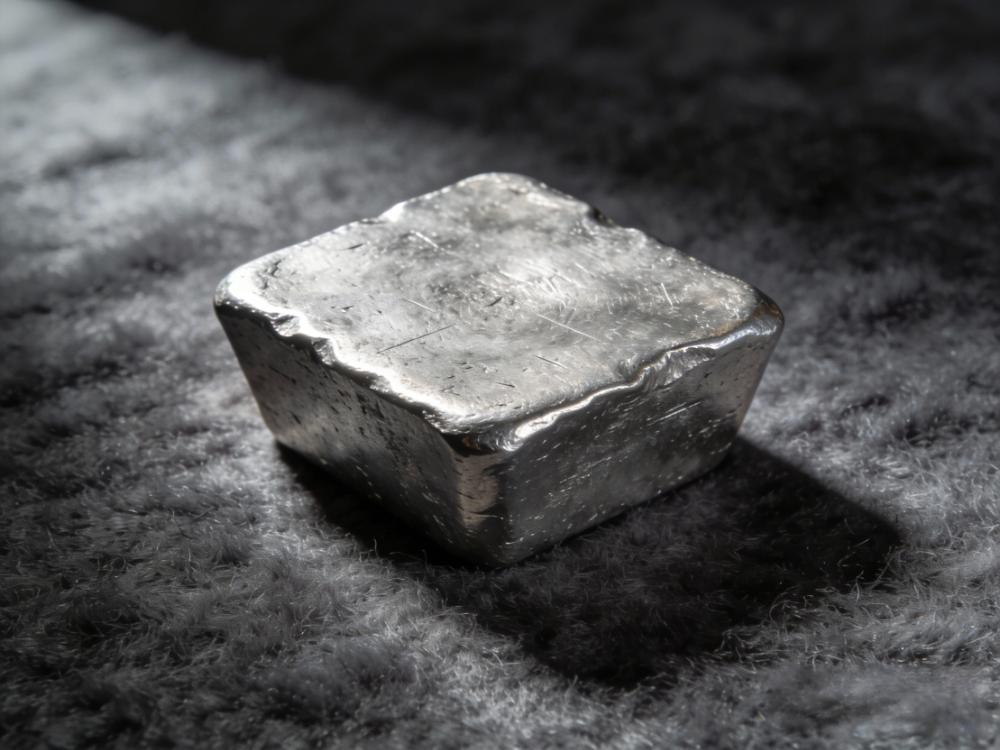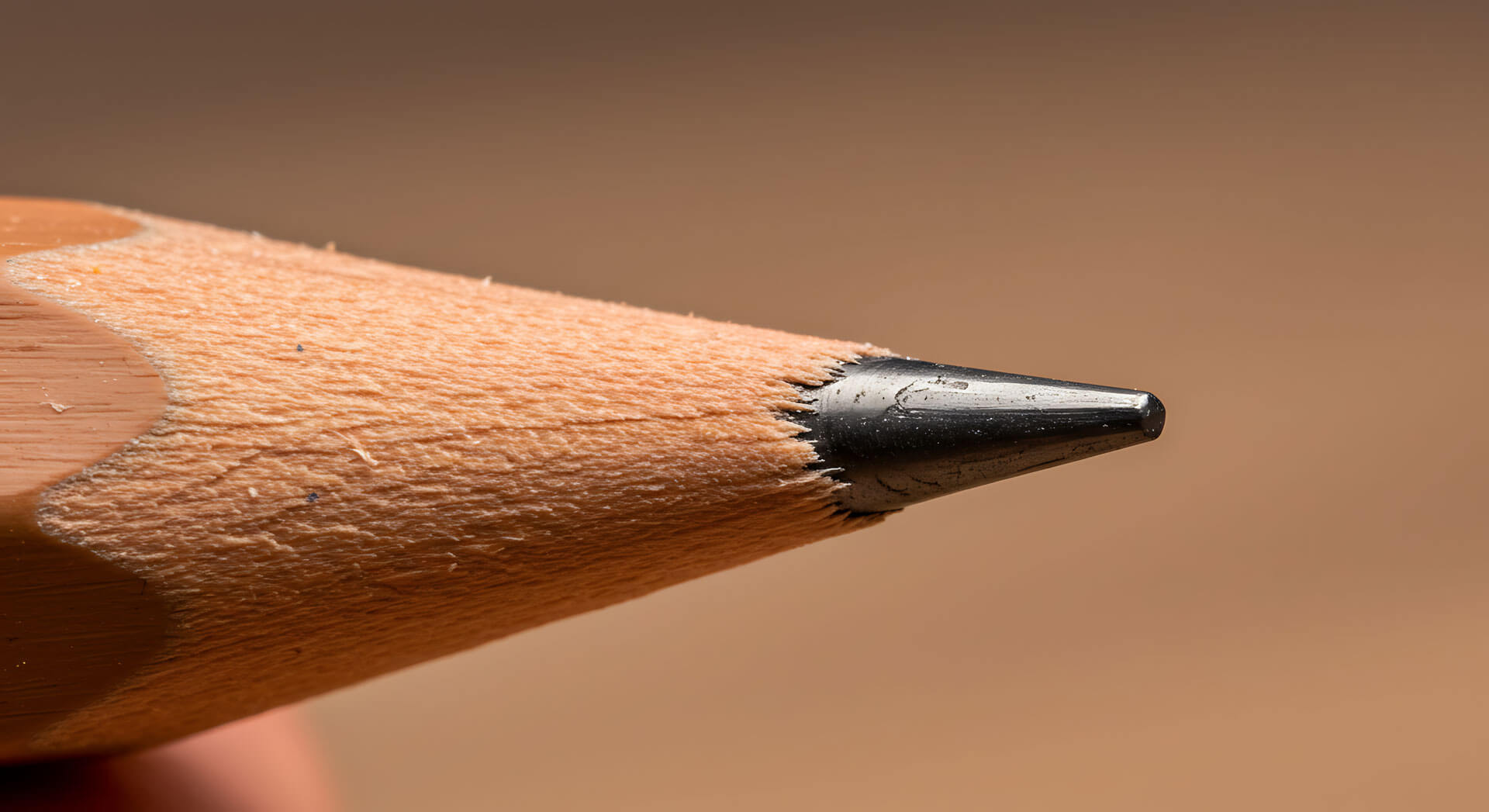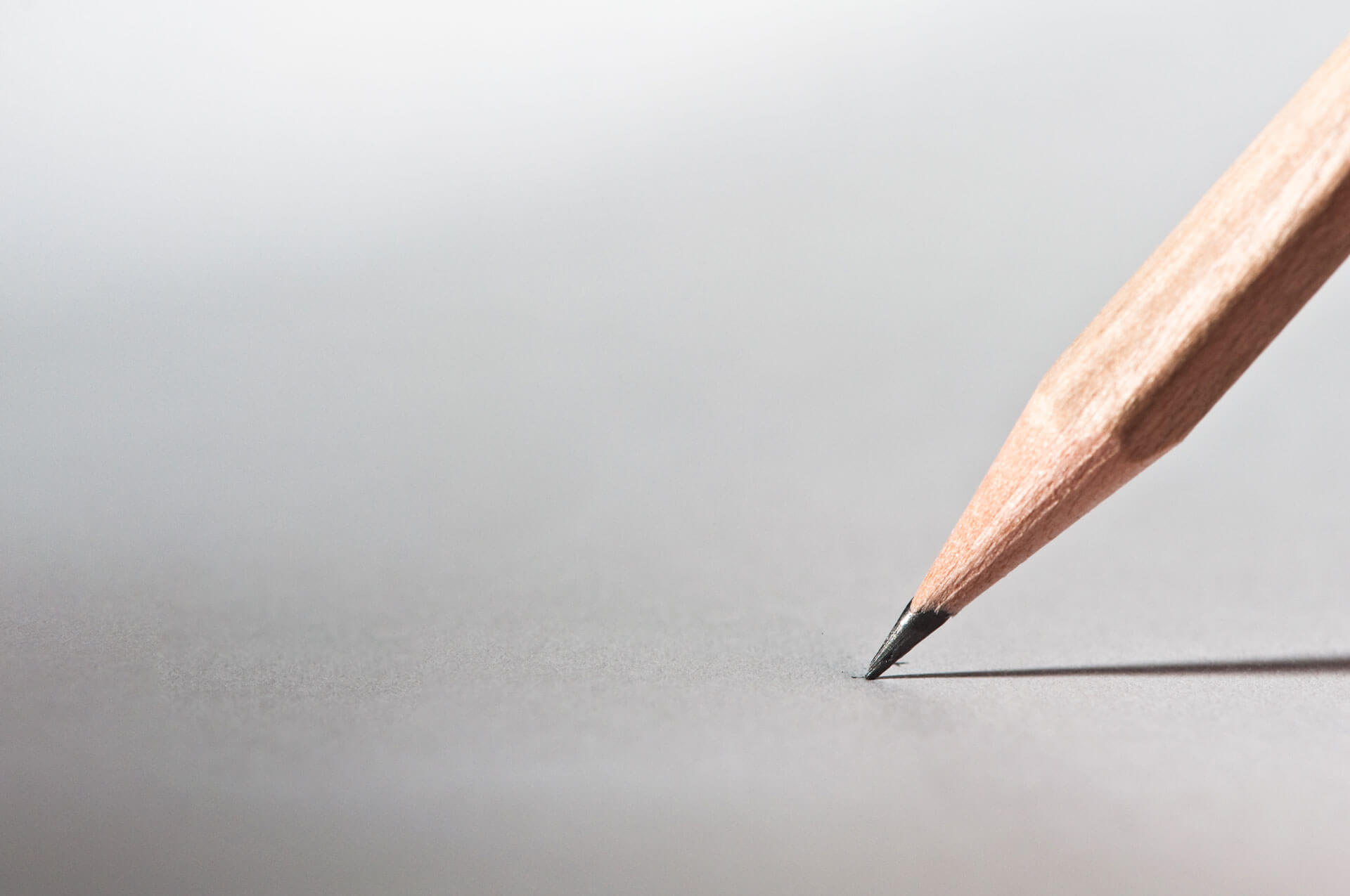By Ishtiaq Ali Mehkri
Dubai this week was once again host to industrialists, entrepreneurs and policy-makers who have the acumen to look beyond the horizons, and dream of an eco-friendly developmental agenda. More than 150 delegates from the Middle East, Africa, Asia and the West joined their heads to promote environment protection awareness in the region, and how to deal with scrap and other auxiliary waste that is churned out daily in millions of tons.
This is no mean achievement, and the credit certainly goes to the Dubai-based non-profit association, the Bureau of Middle East Recycling. This bureau focuses on unity among Middle East's recycling industries, which deals with million tons of scrap, and which also yields billions of dollars in revenue.
Since the region has become one of the most important markets for raw materials for the recycling industry, the BMR was joined by other worldwide associations like the Brussels-based Bureau of International Recycling, the Washington-based Institute of Scrap Recycling Industries, the Metals Recycling Association of India, and last but not the least the China Nonferrous Metals Industry Association (CMRA).
Their presence in Dubai was proof that the UAE and the BMR have not only made inroads in furthering the awareness on recycling waste, but also the undeniable impression that economic growth is directly linked to sustainable policies. This is all the more important when the region, especially the UAE, is shifting to a non-oil based economy. Preserving precious natural resources and limiting the use of energy is ultimately a recycling concern.
The riddle is how to ensure profit and productivity, and at the same time ward off environmental degradation. The answer is in recycling every element, relocated from the trash, and make it once again see the light of the day. This would not only save energy but also and the Mother earth itself from depletion and extinction.
Dubai, and the UAE, have many firsts as it leads from the front in the business of recycling. The UAE has shown the way as there are more than 800 companies dealing in scrap and the country has come up with befitting legislation and regulations in an attempt to go green. This is genuine leadership with a vision to look into the distant future, especially at a time when the region and global economy is in turmoil. "There is no dearth of expertise and resources in the UAE today," BMR Secretary-General Mir Mujtaba Hussain says, adding that the Emirates has made good strides in identifying the ferrous and non-ferrous industries.
While Dubai enjoys a geostrategic edge, the development of largest man-made port in Jebal Ali has given a big boost to the scrap and recycling industry. Moreover, the huge number of tourists and a booming economy have made recycling key to development.
Delegates at the BMR rightly noted that UAE has a crucial role to play, as it is one of the resounding economies in the region, and a preferred transit point connecting the Mideast with Asia and Europe. To borrow Salam Al Sharif's words, the President of BMR, the biggest issues on world forums today are energy crisis, unemployment and global warming, and it is here that recycling has a vital role to play. It not only ushers in new vistas of growth but also employment avenues across sectors of the economy.
One of the UAE's ace policy-maker and environmentalist, Habiba Al Marashi, co-founder of the Emirates Environmental Group, says that in an era of sustained development, recycling is the way to go for the Emirates and the world at large. The salient features for the industry in the region are too tempting and can't be brushed aside: the GCC economy is projected to be over $ 2 trillion; and recycling could help reduce CO2 emissions by at least 700 metric tones per year.
At a time when world leaders have set global warming limits at 2 degree Celsius, recycling waste and saving the earth from the burden of swallowing trillions of tones of garbage is important. "It is through market intelligence that responsible recycling can be carried out," says Douglas Kramer, chairman of Institute of Scrap Recycling Industries.
The recycling magnates should follow the UAE policies in recycling their wealth into renewable energy. Despite having the world's seventh-largest reserves of oil and gas, the UAE is the first country to plan for a future beyond oil. As rightly stated by British Foreign Secretary Philip Hammond, on his recent visit to Masdar City in Abu Dhabi, . "the world can choose to do very little and hope climate change will not affect them, or take a lead from the UAE, investing in renewable energy and clean.
Source: Khaleej Time



